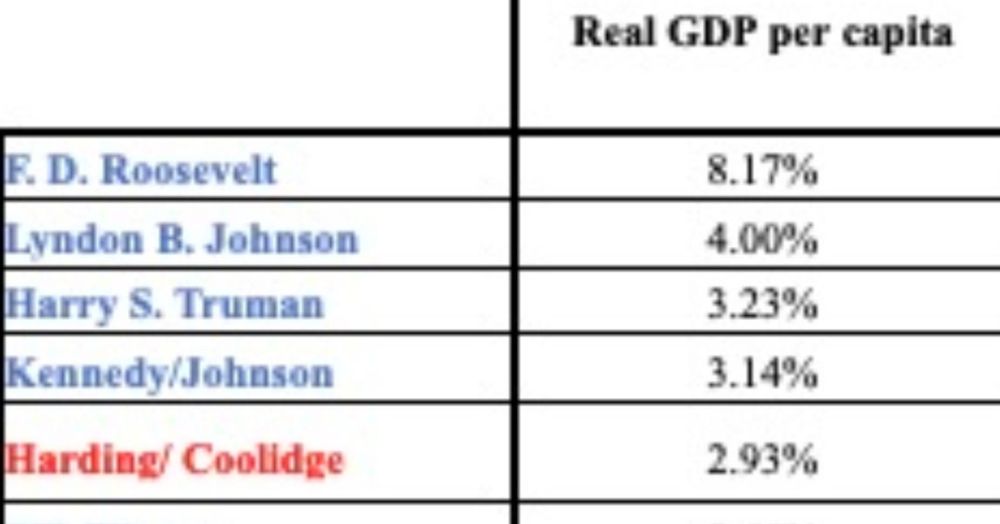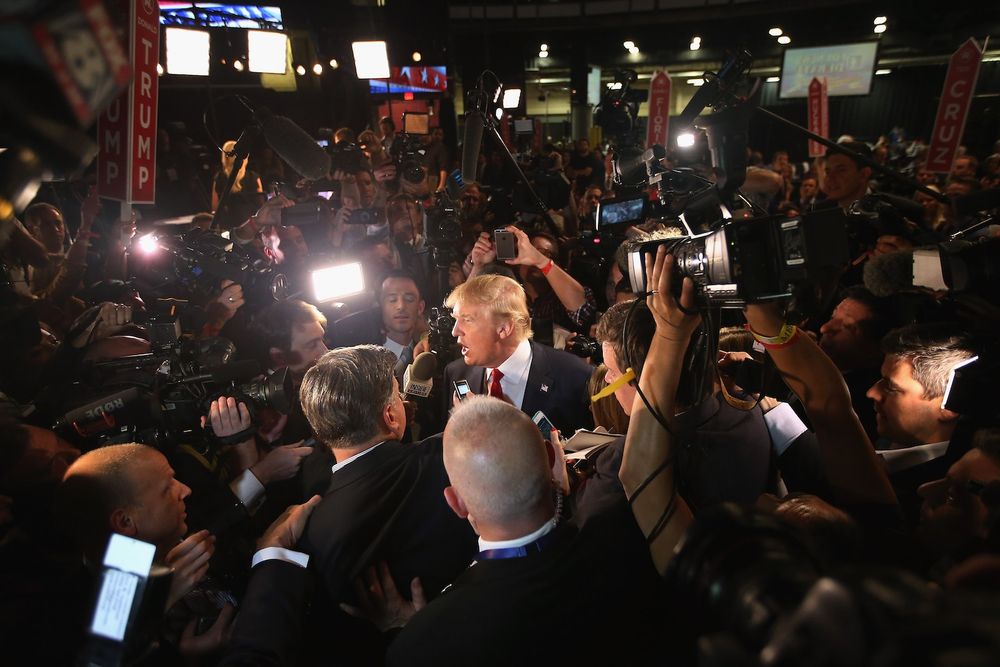And when we sent them, they had to go uphill, whichever direction they were sent in
I do feel like it would be a good idea to try to set up some kind of counter programming anti-Jordan Peterson type effort to lay out an alternative path available to teen boys before the red pillers inject their poison
ATTENTION: This is a very important position at UVA--a new junior-prof (tenure track) professor of Bioethics. Departmental home is open, can be in Phil or RelStud or Anthro or WGS (women, gender & sexuality) or elsewhere. Please share this widely! apply.interfolio.com/154147
This is right. I remember '84, when everyone knew Reagan wd hammer Mondale. Then '88 I was so depressed @ Bush tromping on Dukakis I actually wrote-in Zippy the Pinhead (in DC, where it didn't matter). Then '92 I was hopeful, even a bit confident; same in '96. With 2000, things changed
You are being asked, now, to do the absolute smallest thing, the bare minimum, to keep this man out of power.
A paper out of New York University on social media finds "0.1% of users shared 80% of fake news," and "74% of all online conflicts are started in just 1% of communities" www.sciencedirect.com/science/arti...
![Online discussions are dominated by a surprisingly small, extremely vocal, and non-representative minority. Research on social media has found that, while only 3 % of active accounts are toxic, they produce 33 % of all content [4]. Furthermore, 74 % of all online conflicts are started in just 1 % of communities [5], and 0.1 % of users shared 80 % of fake news [6,7]. Not only does this extreme minority stir discontent, spread misinformation, and spark outrage online, they also bias the meta-perceptions of most users who passively “lurk” online. This can lead to false polarization and pluralistic ignorance, which are linked to a number of problems including drug and alcohol use [8], intergroup hostility [9,10], and support for authoritarian regimes [11]. Furthermore, exposure to extreme content can normalize unhealthy and dangerous behavior. For example, teens exposed to extreme content related to alcohol consumption thought dangerous alcohol consumption was normative [12].](https://cdn.bsky.app/img/feed_fullsize/plain/did:plc:jmte4w4x7ukciit6lci6ziau/bafkreiddm2btaao7h3fzhkrjkn3iel7ppeihtycfzca7wbqj7l2v3pcuda@jpeg)
...is this: Why do Democratic presidencies rule—with the exception of Barack Obama’s?.… < braddelong.substack.com/p/prosperity... > 2024-10-06 Sa 3/END

Sam Williamson ex-Miami of Ohio & now <http://measuringWorth.com> gives us the numbers, and I reflect on them. Some presidents were really unlucky. For the others, the question, briefly, is this...
